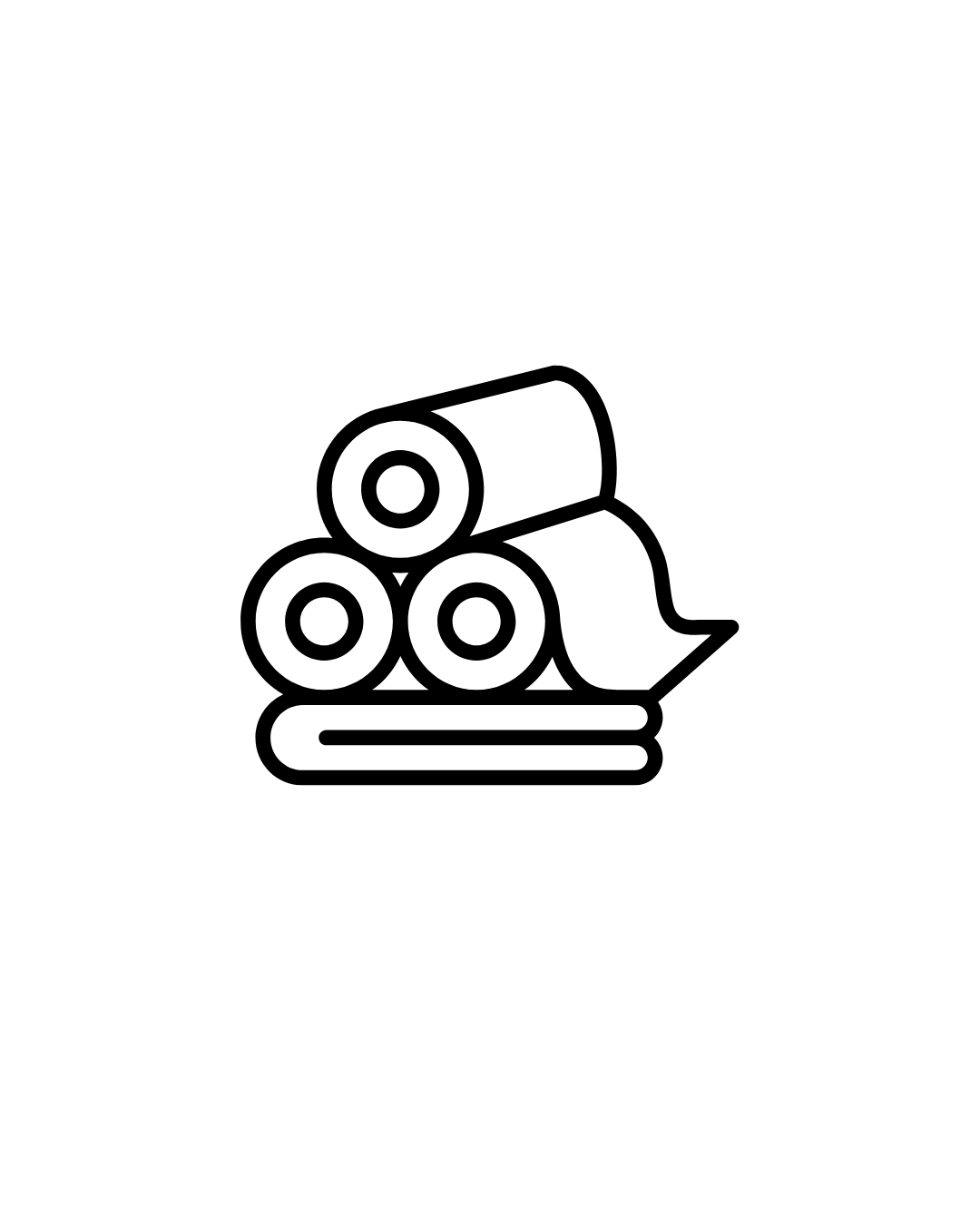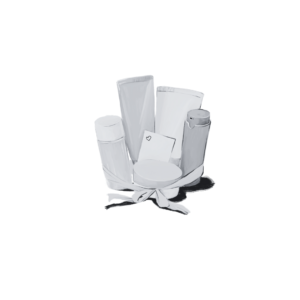Description
A Master of Arts (MA) in Fashion Development is a comprehensive program that focuses on the various aspects of developing fashion products, brands, and businesses within the fashion industry. This program typically combines elements of design, business, marketing, and trend analysis, equipping students with the skills necessary to navigate the complexities of fashion development from conception to market.
Curriculum Overview
The curriculum for an MA in Fashion Development often includes a blend of theoretical knowledge and practical skills, enabling students to develop a well-rounded understanding of the fashion industry. While specific courses may vary by institution, the following components are commonly featured:
Core Components
Fashion Design Fundamentals:
Introduction to essential design principles, including textiles, color theory, and garment construction, providing a foundation for understanding product development.
Product Development Process:
Detailed exploration of the stages involved in bringing a fashion product to market, including concept development, sourcing materials, production considerations, and quality control.
Market Research and Trend Forecasting:
Techniques for conducting market research and analyzing fashion trends to inform product development, ensuring alignment with consumer preferences and industry standards.
Fashion Business and Branding:
Insight into business practices in the fashion industry, including branding strategies, pricing, distribution, and retail management.
Sustainability in Fashion:
Examination of sustainable practices and ethical considerations in fashion development, focusing on eco-friendly materials, production methods, and responsible consumption.
Consumer Behavior and Psychology:
Understanding consumer motivations, behaviors, and preferences in the fashion sector, essential for developing products that resonate with target markets.
Fashion Marketing and Communication:
Strategies for marketing fashion products, including promotional tactics, social media engagement, and public relations specific to the fashion industry.
Visual Merchandising and Retail Strategies:
Techniques for presenting fashion products in retail environments, maximizing visual appeal and enhancing customer experience.
Collaborative Projects:
Opportunities for interdisciplinary collaboration with other departments (such as marketing, business, or design), facilitating real-world project experiences.
Capstone or Thesis Project:
A final project allowing students to synthesize their learning, typically involving the development of a comprehensive fashion product line or business plan, showcasing their skills and knowledge.
Career Opportunities
Graduates of an MA in Fashion Development are well-prepared for various roles across the fashion industry, including:
Fashion Product Developer: Overseeing the development of clothing lines and accessories from concept to production, ensuring alignment with market trends and brand identity.
Fashion Buyer: Selecting and purchasing fashion products for retail, analyzing sales data and consumer trends to inform buying decisions.
Brand Manager: Responsible for managing a fashion brand?s identity and marketing activities, strategizing to enhance brand visibility and market share.
Sustainability Consultant: Advising fashion brands on best practices for sustainability in product design and development, ensuring compliance with ethical standards.
Trend Analyst: Researching and predicting fashion trends to guide product development strategies for various companies.
Fashion Marketing Specialist: Developing and implementing marketing campaigns for fashion brands, focusing on outreach, promotion, and engagement strategies.
Creative Director: Leading creative teams in designing and producing fashion collections, ensuring consistency with brand vision and market positioning.
Entrepreneur: Launching and managing independent fashion brands, utilizing knowledge gained from the program to create successful business models.
Further Education
After completing an MA in Fashion Development, graduates may consider further specialization through short courses, certifications, or workshops in areas such as digital marketing, sustainable design, or luxury brand management. Some may also pursue higher education, such as a PhD in fashion studies or related fields.
If you have any questions about the Master of Arts in Fashion Development program, potential career paths, or related topics, feel free to ask!









